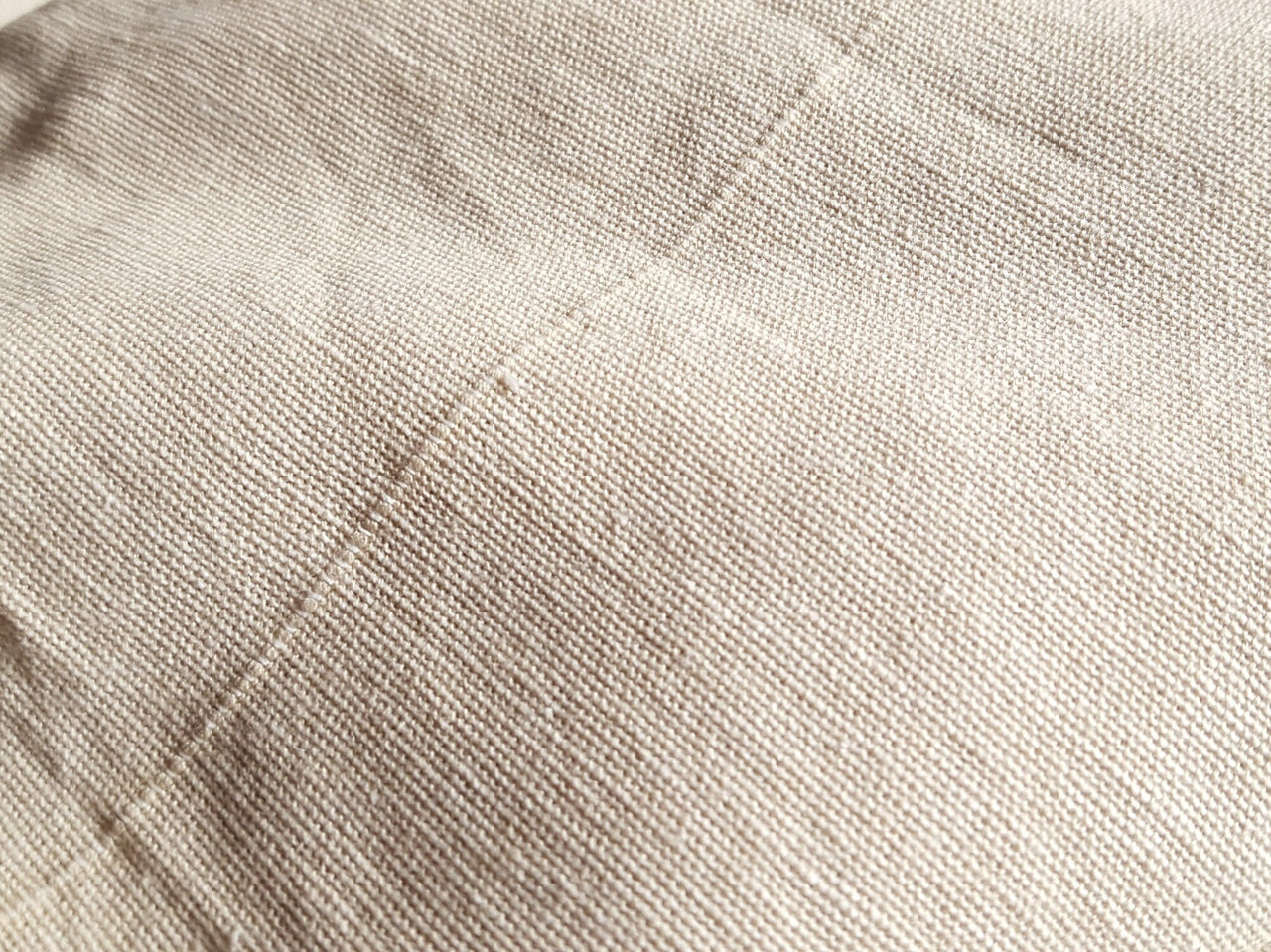Natural Fibers: 7 Benefits to Organic Bedding

Since the 1940's average sleeping time has dropped by 13%, so now 35% of us aren't getting enough sleep.
It's time to take back your quality sleep time.
You have probably heard of organic vegetables, 100% natural makeup, and even hair care. But have you heard about natural fibers in organic bedding?
In 2020, the global organic bedding market was worth USD 836.4 million. With people becoming more aware of organic bedding benefits, experts expect the market to rise to USD 1.1 billion in 2025.
Is organic bedding good? If you wake up during the night feeling sweaty, struggle to sleep, or have itches swapping to organic bedding might be your saving grace. Of course, many factors can affect your sleep, but considering we spend a third of our lives in bed, let's perfect it.
Did we mention that they are, simply put, more comfortable? So, get cozy, and we'll let you in on the benefits of choosing organic bedding.
1. Organic Bedding Is Resistant to Bugs
Even just thinking about bed bugs is enough to get people itching. But surprisingly, one in five households has these horrible mites. They can cause blemishes on the skin, itching, and are very difficult to remove
The best cause of action is to stop them from making a home. An organic mattress cover, duvet cover, and pillowcase cover will stop them.
Organic fibers are also better at regulating our heat as we sleep. Mites and other nasties like warm, damp places, but you'll sweat less with organic sheets.
2. Organic Bedding Is Toxin-Free
Manufacturers put your synthetic bedding through many chemical processes before it arrives on the shop shelves. The result can have an impact on your quality of sleep.
Bleaching
There are three steps to bleach synthetic bedding, and the final one includes harsh chlorine or hydrogen peroxide. You might recognize the term hydrogen peroxide. It is the substance that salons use to strip your hair of color. Organic bedding stays away from both of these chemicals.
Coating
Manufacturers will cover the bedding threads in either starch or sizing (vegetable or plastic-based) to make them stiffer and absorbent. This process also happens to organic bedding, but designers only use vegetable-based, natural substances.
Dyeing
Organic bedding manufacturers use natural dyes that connect to the fiber molecule. Using this method, they don't need to use strong bleaches or chemical dyes.
3. Organic Bedding Is Stronger
After these chemical steps, natural fiber bedding is much stronger than anything else. Imagine if you bleach and dye your hair repeatedly, it will become brittle and snap. It's the same with bedding fibers.
Organic and natural bedding will last you thirty years, but synthetic bedding will last only ten years.y
4. Organic Bedding Is Better for Your Skin
Chemical-free processes result in a suitable material for people with skin sensitivities. Babies, in particular, are prone to skin issues such as eczema and sores.
Putting them to sleep on soft, natural bedding will not damage the skin or cause discomfort. Also, if you have sensitive skin, be careful of iron-free, wrinkle-free, or easy-care sheets. Manufacturers have often treated this bedding with a lasting and toxic formaldehyde resin.
Manufacturers are under no agreement to include the use of this product on any labels.
5. Organic Bedding Is Breathable
Unfortunately, as we age, people start to suffer from night sweats. There are various causes, from menopause to drinking red wine. Waking up drenched in sweat feels horrible and can lead to dehydration.
Luckily, one of the many organic bedding benefits is that they are highly absorbent. So if you do sweat, the natural sheets will whip it away from your skin so that you can sleep soundly.
You can use organic bedding throughout the year. It will keep you cool in the Summer and warm in the Winter. However, be careful not to your sheets with fabric softener because it can affect how much sweat they can soak up.
6. Organic Bedding Can Improve Your Sleep
Being a chemical-free and absorbent product is fantastic, but are they comfortable? Organic fabric bedding has a high thread count, so it feels soft to the touch and does not rub. As you wash them, they will continue to soften.
People are moving towards healthier lifestyles and want to enjoy the best products. As a result, many top-range hotels now provide organic bedding to keep up with this trend. That's why you sleep so well at hotels!
7. Organic Bedding Is Better for the Planet
With every chemical process, there are unwanted byproducts and waste. Cotton grows like a crop in a field, and vast cotton farms exist worldwide.
The farm must be 100% pesticide-free and chemical-free to be classified organic. In non-organic farms, workers spray cotton crops with pesticides. These properties seep into the ground and can affect groundwater and local ecosystems.
On the other hand, organic cotton farms create 60% less carbon dioxide and have a much smaller impact. Freshwater supplies are dangerously low, but thankfully, organic cotton farmers use 88% less water.
Try Natural Fibers for the Best Nights Sleep
Sleep is the time that our bodies use to recuperate. A night of interrupted sleep can make your feel sluggish and put undue strain on your body.
Give yourself the best start with organic bedding with natural fibers every day. You'll wake up feeling refreshed, comfortable, and energetic.
There are many different kinds of natural fiber bedding. People automatically think of cotton, but you can find wood pulp and bamboo versions. Think about your needs and which style you would like to try.
If you would like to talk about your options, call us on (888) 992-2001 or explore our bedding range today.




